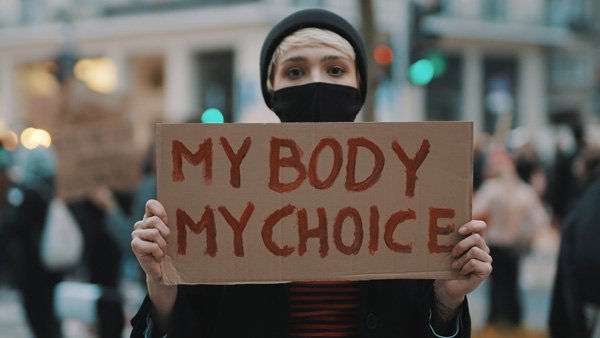The Road Past Roe
One out of four women will get an abortion in her lifetime. The fall of Roe won’t change that.
The end of federal protection for abortion rights has led to a patchwork of state and local laws banning and even criminalizing healthcare choices that women continue to make every day. Amy Hagstrom Miller, founder and CEO of Whole Woman’s Health, visits Will and Siva’s class to discuss the implications of these developments for her work, as she combats a culture of shame and stigma around abortion. She says it’s time to look for change beyond the judiciary — and to get men caring about reproductive justice.
Hagstrom Miller’s company won a landmark case in 2016 against a Texas law that tried to put undue burdens on abortion clinics. But after a sharp right turn, the U.S. Supreme Court voided the legal precedents set in Roe v. Wade and Planned Parenthood v. Casey. Abortion, meanwhile, has gotten safer than ever — it’s significantly safer than childbirth — and continues to be widespread across demographic groups.
Most of the patients that Hagstrom Miller sees, in fact, are observant Christians. And 70 percent of Americans support a woman’s right to terminate her pregnancy. Our students ask some good questions on this episode, about access, about the discourse of regret, and about how this issue became so polarizing in the first place.









